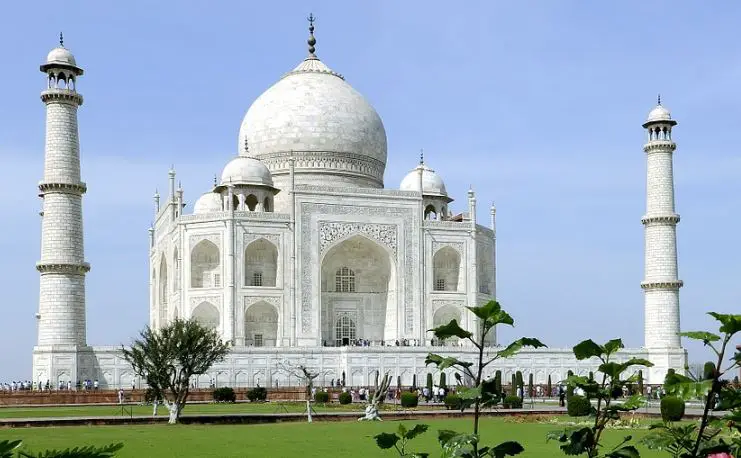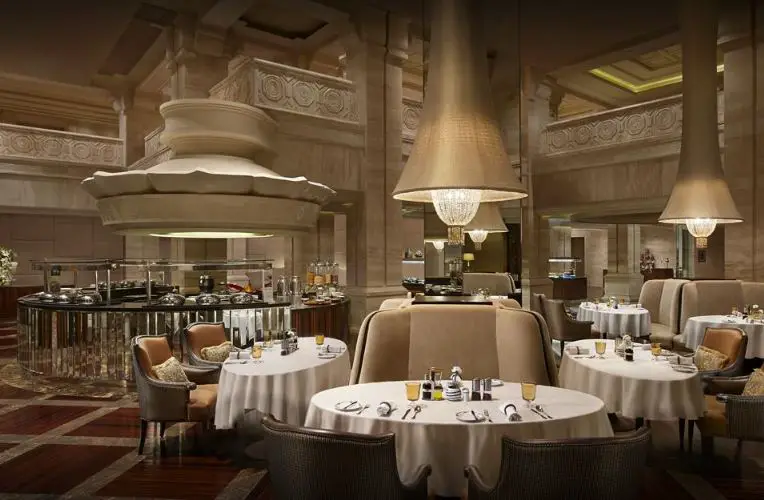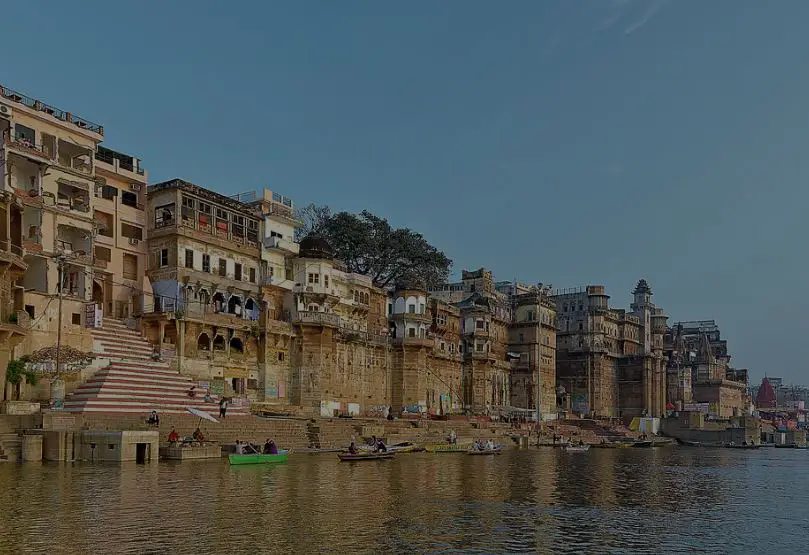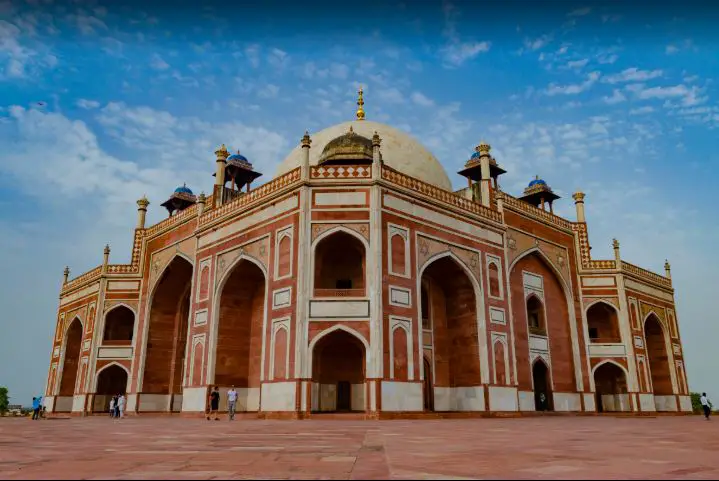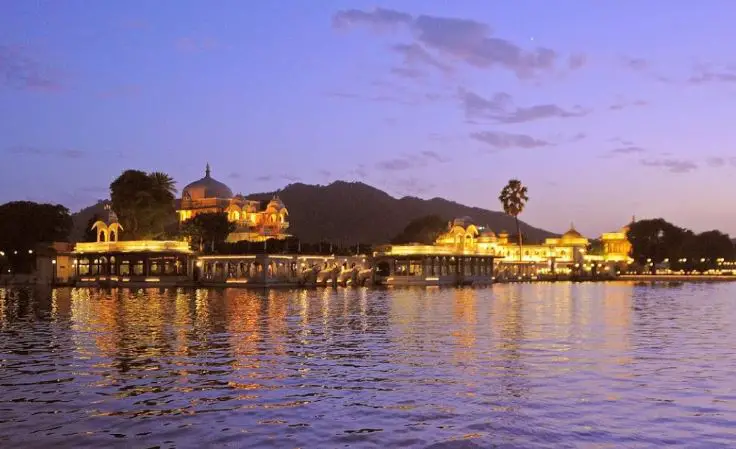Are there any restrictions on bringing souvenirs or antiques out of Morocco?
Post ByAdequate Travel
Summary
Yes, there are a few restrictions on bringing souvenirs and antiques out of Morocco. In this blog post, we'll be discussing the rules and regulations around this, and offering advice on how to make sure you can get your goodies home with you without any hassle. So read on to find out more! The place is known for its rich history and culture, welcomes tourists with open arms. However, be sure to review the travel advisory and travel warnings to ensure a safe and enjoyable experience.Restrictions on Bringing Souvenirs or Antiques out of Morocco
When it comes to bringing souvenirs or antiques out of Morocco, there are certain restrictions and regulations that need to be considered. Below are some important points to keep in mind:
1. Moroccan Laws on Cultural Heritage:
The Moroccan government has strict laws to protect its cultural heritage, including antiques and archaeological artifacts. It is illegal to export certain items without proper documentation or permits. These laws are in place to preserve the country's historical and cultural treasures.
Example: A centuries-old pottery fragment from a Moroccan archaeological site would likely require government permission for export.
2. Prohibited Items:
There are specific items that are prohibited from being taken out of Morocco. These include fossils, prehistoric tools, dinosaur bones, and other ancient specimens. It is illegal to export these items without proper authorization.
Example: A fossilized sea creature discovered on a Moroccan beach cannot be exported without obtaining the necessary permits.
3. Export Licenses:
For certain items, such as works of art or valuable antiques, an export license may be required. These licenses ensure that the item has not been illegally obtained and can be legally exported. It is advisable to consult with the Ministry of Culture in Morocco regarding the specific requirements for exporting such items.
Example: A rare Moroccan rug with historical significance would likely require an export license before it can be taken out of the country.
4. Custom Procedures:
When leaving Morocco, visitors must declare any items of cultural or historical significance they plan to take out of the country. Customs officials may inspect these items and ensure they comply with the regulations. Failure to declare or attempt to smuggle prohibited items can result in severe penalties, including fines and confiscation.
Example: If a tourist fails to declare an antique Moroccan dagger during customs clearance, it may be confiscated, and penalties could be imposed.
5. Consult Authorities:
To avoid any issues or violations, it is always recommended to consult with the Moroccan Ministry of Culture, Moroccan Embassy, or a local expert in the field of antiquities before attempting to export any souvenirs or antiques.
Example: Contacting the Ministry of Culture to confirm export requirements for a unique Moroccan calligraphy artwork can help ensure compliance with the regulations.
While planning your trip, take note of any travel restrictions that may impact your itinerary, such as limited access to certain regions or attractions.

